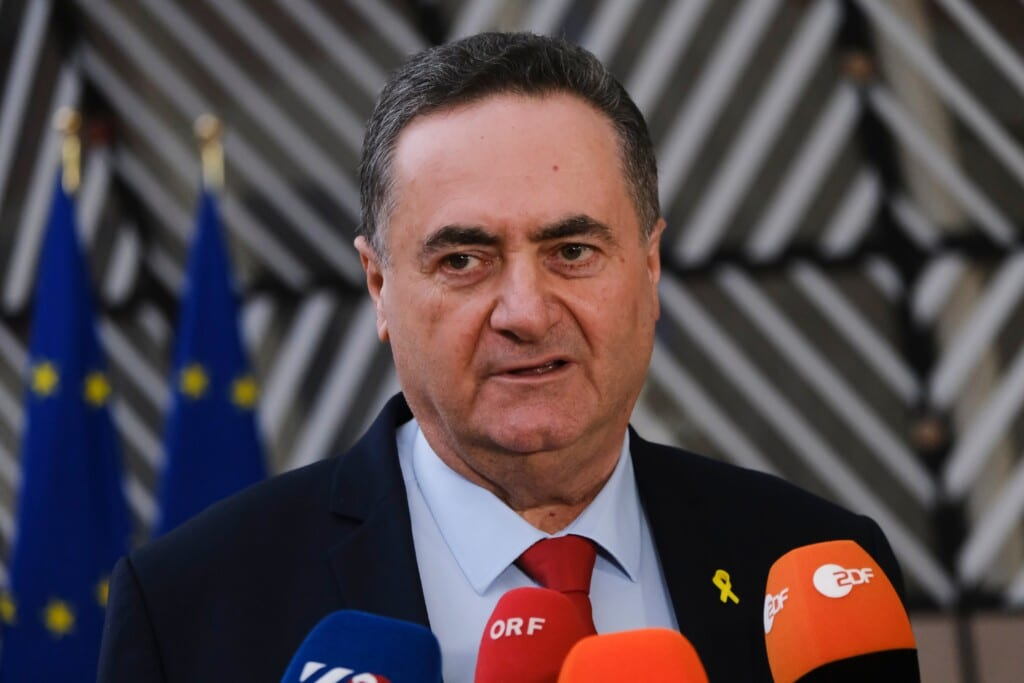
- Clear Priorities, Military Readiness: In his first interview as Israel’s new defense minister, Israel Katz declared on November 21 that preventing a nuclear-armed Iran is Jerusalem’s top priority in the ongoing regional war. Katz emphasized that military action is now seen as essential, arguing that diplomatic measures, including sanctions, are insufficient to dismantle Tehran’s nuclear ambitions. Katz explained how the defense establishment’s stance has evolved, observing that “in the past, there was pushback against the military option, with claims it wasn’t necessary or possible. Today, all agencies agree it is necessary—and now, everyone is united in the view that it is possible.”
- Iran’s Weakening Defenses: Katz asserted that Iran has never been more vulnerable, citing Israel’s October 26 strikes that crippled Tehran’s air defense network, including Russian-supplied S-300 systems. Additionally, Hezbollah’s ability to retaliate on Iran’s behalf has been significantly diminished. Katz stated that Israel is actively lobbying the United States and other allies to act decisively against Iran’s nuclear program before it is too late.
- Netanyahu Reveals Major Achievements: On November 18, Israeli Prime Minister Benjamin Netanyahu delivered a speech to the Knesset outlining unprecedented military successes against Iran. He revealed that Israel had destroyed all four of Iran’s S-300 air defense batteries, along with an undisclosed component of its nuclear program. Analysts at FDD suggest the October 26 strike may have targeted a nuclear weaponization facility at Parchin.
FDD Expert Response
“The conditions are ripe for Israel to take long-overdue preemptive action, perhaps with strong U.S. coordination and even a joint strike option. The mullahs are stalling by signaling compliance to the IAEA, but this is a ploy. The same switch they’ve turned off can be turned on again at any moment. The world must heed Israel’s warnings, not Iran’s empty promises.” — Mark Dubowitz, CEO
“Instead of complying with its legal nonproliferation obligations and taking meaningful steps to eliminate the threat posed by its nuclear program, Iran has strengthened the hand of an incoming Trump administration that may opt to target Tehran’s nuclear facilities or assist Israel in doing so. Absent air defenses, those facilities are sitting ducks.” — Andrea Stricker, Nonproliferation and Biodefense Program Deputy Director and Research Fellow
“Time will tell if the Trump administration will learn from the major shortcoming of maximum pressure 1.0 against the Islamic Republic. Hint: the shortcoming was not economic but rather military. While it would be a mistake to downplay the threats a weakened and cornered regime like the one in Tehran still poses, the risk-reward ratio to backstopping tough U.S. economic measures and supporting U.S. partners and allies hasn’t been this high in the Middle East over the past decade. Meaningful pushback by the Islamic Republic against Israel and America when its air defense assets, long-range strike production, and terrorist proxies are hurting would be akin to leading with its chin.” — Behnam Ben Taleblu, Senior Fellow
